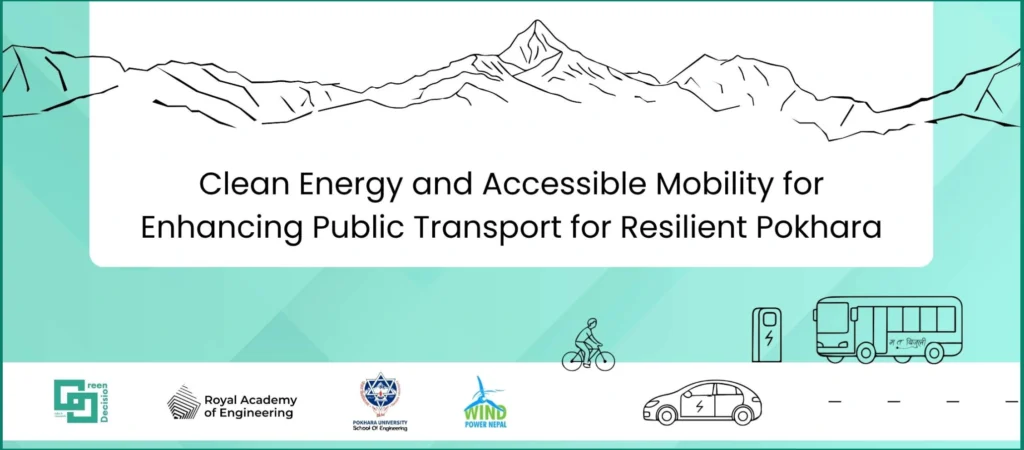Environmental Technology Engineer/Research Associate Vacancy – GD Labs and Research
Green Decision Labs & Research (GD Labs and Research) is seeking an active and community-oriented Social Mobilizer to support project implementation through community engagement, participant mobilisation, awareness-raising on waste management and recycling, and field-level monitoring, while ensuring strong integration of GESI principles. Key Responsibilities: Design and support environmental technology hardware systems Assist in engineering planning […]
Environmental Technology Engineer/Research Associate Vacancy – GD Labs and Research Read More »

